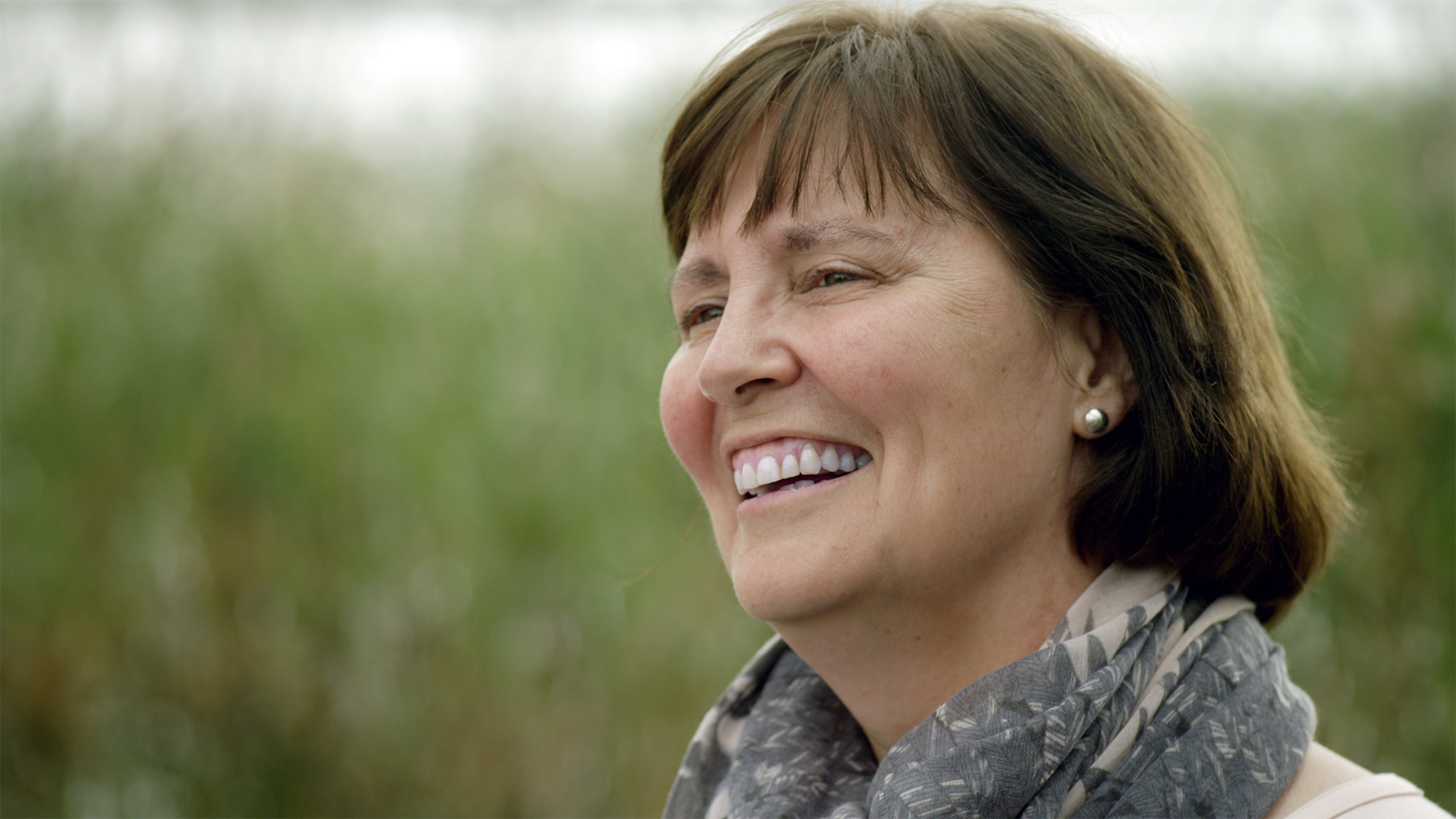
Dr. Maureen Reed honoured with Distinguished Alumni Achievement Award from U Waterloo
“I’m humbled to receive this award,” Reed said. “I would not be here today without the cumulative efforts of my research community, including my students, colleagues, mentors, and the support of my family. I am thankful that I get to do work that I love, with people who make the learning and the process enjoyable. This award is possible because of the many folks who have collaborated with me and supported me along the way.”
By Megan Evans“Each year we are honoured to recognize the important contributions of some of our most successful and impactful graduates through our annual awards program,” said Jean Andrey, Dean, Faculty of Environment at the University of Waterloo.
Dr. Maureen Reed, who graduated with her Ph.D. in 1991, is one such alumna.
Reed credits her great grandmother for instilling in her the importance and privilege of an education, especially for women. “[She] stood on the corner selling eggs so that her daughter, my grandmother, could go to school.” Reed took that to heart and has been exceptionally productive, having written or edited 11 books or monographs and more than 160 primary, peer-reviewed, publications. Four of her books are required texts for programs worldwide. Her community-engaged scholarship has twice been recognized for its impact by the Social Sciences and Humanities Research Council.
SENS Executive Director, Dr. Karsten Liber, was one of Reed’s nominators for the award. “I am thrilled to see Dr. Reed receive this distinguished award. She is an exceptional scholar and a great colleague. We are extremely fortunate to have Maureen in SENS – she is an inspiration to all of us, not only setting the bar high in her research activities but in her approach to building relationships and community wherever she goes. Maureen makes SENS a better place for us all, faculty, students, and staff.”
At the University of Saskatchewan (USask), Reed is the UNESCO Co-Chair in Biocultural Diversity, Sustainability, Reconciliation and Renewal, a prestigious appointment (one of only 28 in Canada) that connects her and her work with a global network of researchers seeking solutions to critical social issues. At USask, she also heads the PROGRESS lab (PROGRESS stands for “PRactices Of Governance for Resilience, Environmental and Social Sustainability”). She and her students explore and advance models of sustainability and collaborative governance with practitioners working in UNESCO Biosphere Regions (BRs), Model Forests, and forest-based and Indigenous communities.
Though her work focuses on Canadian communities, Maureen has given over 55 invited talks and led teaching seminars around the world including, China, Japan, France, Peru, Sweden, and South Africa. Recently, she has served as Executive Producer of a two-season full-length documentary series on Canada’s BRs broadcast by TV Ontario and Knowledge Network. She is also one of the world’s foremost experts on gender equity in forestry and has served on a national steering committee for gender equity and diversity in Canada’s forest sector.
“It’s gratifying that concerns about how to engage women and other under-represented groups in decisions about environment and development are now being taken up by government and industry,” Reed said. “We need to continue to understand how social identity and social structures intersect to advantage some and exclude others and to then advocate for a more socially sustainable society, as our environment is changing.
“Of course, we can’t do this alone. At the University of Waterloo, I learned the value of building community among all staff, faculty, and students as well as with our research collaborators. I am grateful for the tremendous support I received while a student and the ongoing encouragement throughout my academic career.”

